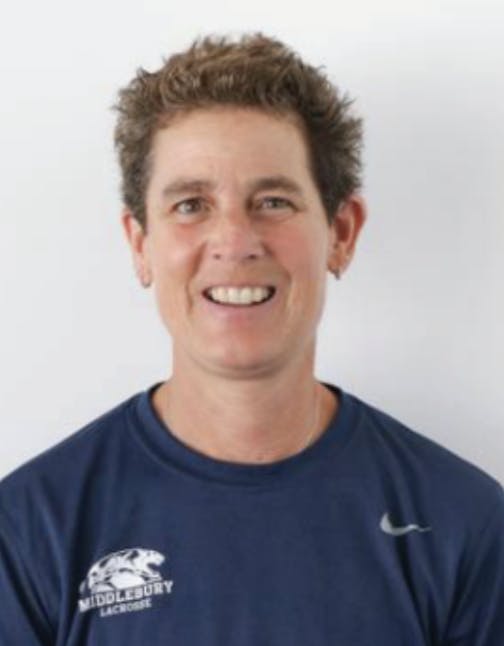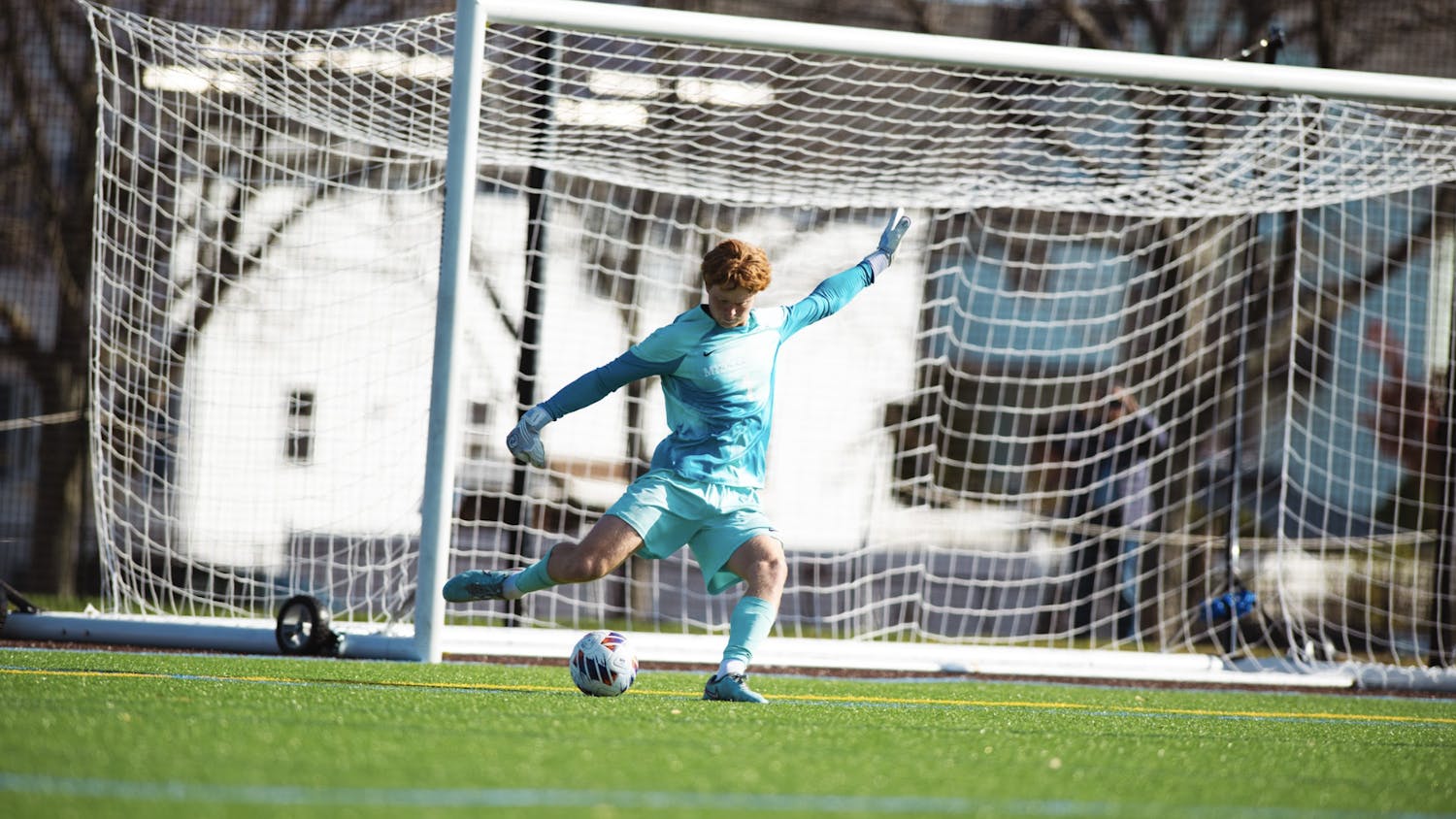To be an assistant coach requires a unique skillset: interpersonal skills, an ambition for impact and little desire for recognition. Assistant coaches play critical roles in the success of their teams, yet often get less appreciation for the mentorship and value they provide.

For Amy Patton of women’s lacrosse, coaching is all about the relationships made on and off the field.
“I think that sport provides us with so many avenues for life learning,” she said. “Why am I still coaching? Why am I still doing this? It’s for the connections and the impact and the joy.”
Before coaching, Patton had a successful collegiate career at University of Maryland, earning All-American and All-ACC praise while playing on the school’s lacrosse and hockey teams. She also served as the head coach of the U.S. Women’s National Development Team and Dartmouth College before making the move to Middlebury, where she has contributed to three NCAA championships. While she may not earn the same plaudits as once did as a head coach, Patton enjoys the freedom of her assistant role.
“I think that I enjoy being an assistant coach more because I can focus more on the coaching piece,” she said. “For head coaches, there is so much going on that you have to oversee, and sometimes you can get lost in that.”

For others such as Tim Peng of men’s soccer, the desire to coach also came from the mentoring opportunity it presented.
“As a player, I often found myself in situations where I would be willing to do the work but didn’t have the guidance on what the right things to do were,” he said. “I wanted to get into coaching so that people like my younger self, who wanted to be their best and were hungry to improve, could have that person to give them guidance and get them closer to their dreams.”
Having played at NESCAC rival Trinity College for four years, Peng is familiar with soccer at the DIII level, and what it takes to succeed in such a competitive environment. When asked what his goals were for the program, Peng expressed a commitment to continuing the momentum of past years and creating a team that could adapt well in adverse circumstances.
After his collegiate playing career, Peng served as the assistant coach at Babson College, where he helped lead his team to three NEWMAC conference championships. Now at Middlebury, he looks forward to facing Babson in the regular season and experiencing the unique opportunity that Middlebury presents.
“After talking about five minutes with Head Coach Elias, I knew [Middlebury] would be the best place for me and the best place for me to continue to grow as a person,” he said. “Middlebury has the facilities, they have the support, but what gives it the competitive advantage are the people, from the staff to the fans.”

Coach Jack Fitzgerald of men’s hockey echoed the sentiment, highlighting the thriving faculty ecosystem of the Middlebury community. You can find him — along with other coaches, staff and locals — playing pickup basketball together in Pepin Gymnasium most days of the week.
“It’s a phenomenal crew and an absolutely great work environment,” he said. “The kids that come to Middlebury want to be at Middlebury. Same with faculty and staff. And that’s special.”
Prior to Middlebury, Fitzgerald played four years and coached four years at Amherst College, where he became quite familiar with the Middlebury program. He joined the team this past season in a time where they had only four games of playoff experience throughout their entire squad.
When asked what his vision was for the program coming into this season, Fitzgerald said, “We are trying to reinstill a culture of improvement in the team, focusing on the little things in practice that will translate to the game. We want to create a more professional environment, because at the end of the day, they're going to incorporate that into their jobs when they leave.”
In his first season as assistant coach, Fitzgerald helped lead the men’s hockey team to their first NESCAC playoff win since 2016, giving NCAA finalists Trinity College a tough match up in the next round. Fitzgerald seeks to build on this momentum and is excited for the future to come.
As much success as all these coaches have experienced on the field — inspiring and mentoring young college players — they enjoy all of the other things Middlebury has to offer. Away from the athletic center, these coaches like taking advantage of the Middlebury Outdoors through golfing, hiking, mountain biking, skiing and snowboarding.
“Being a coach isn’t my whole identity,” Peng said. “While it is a huge part of my life, being able to separate a little bit from that and being able to find things I enjoy doing outside of the game is just as important.”



